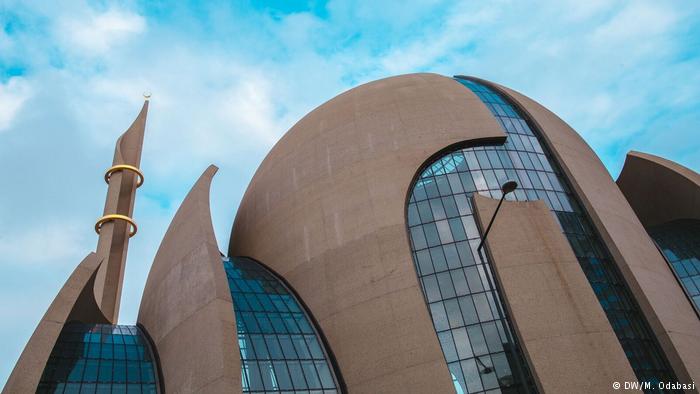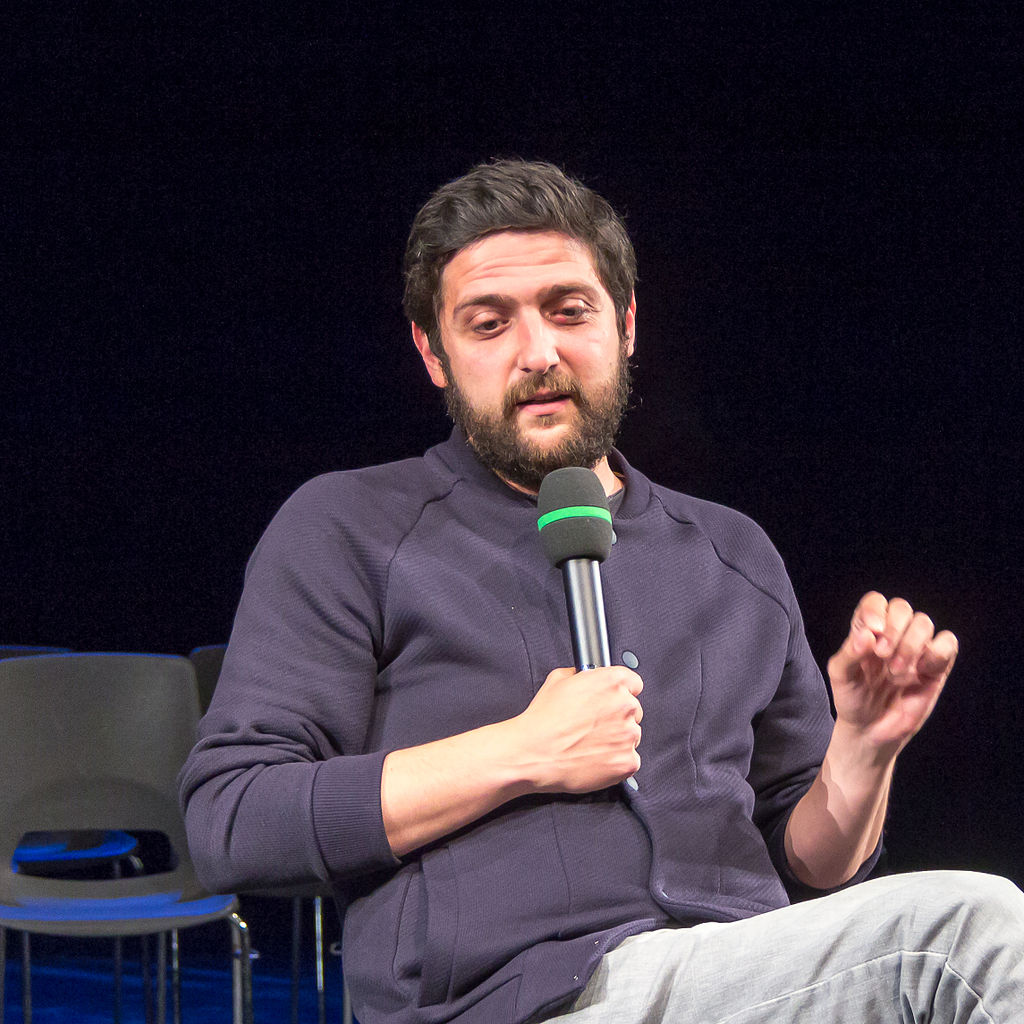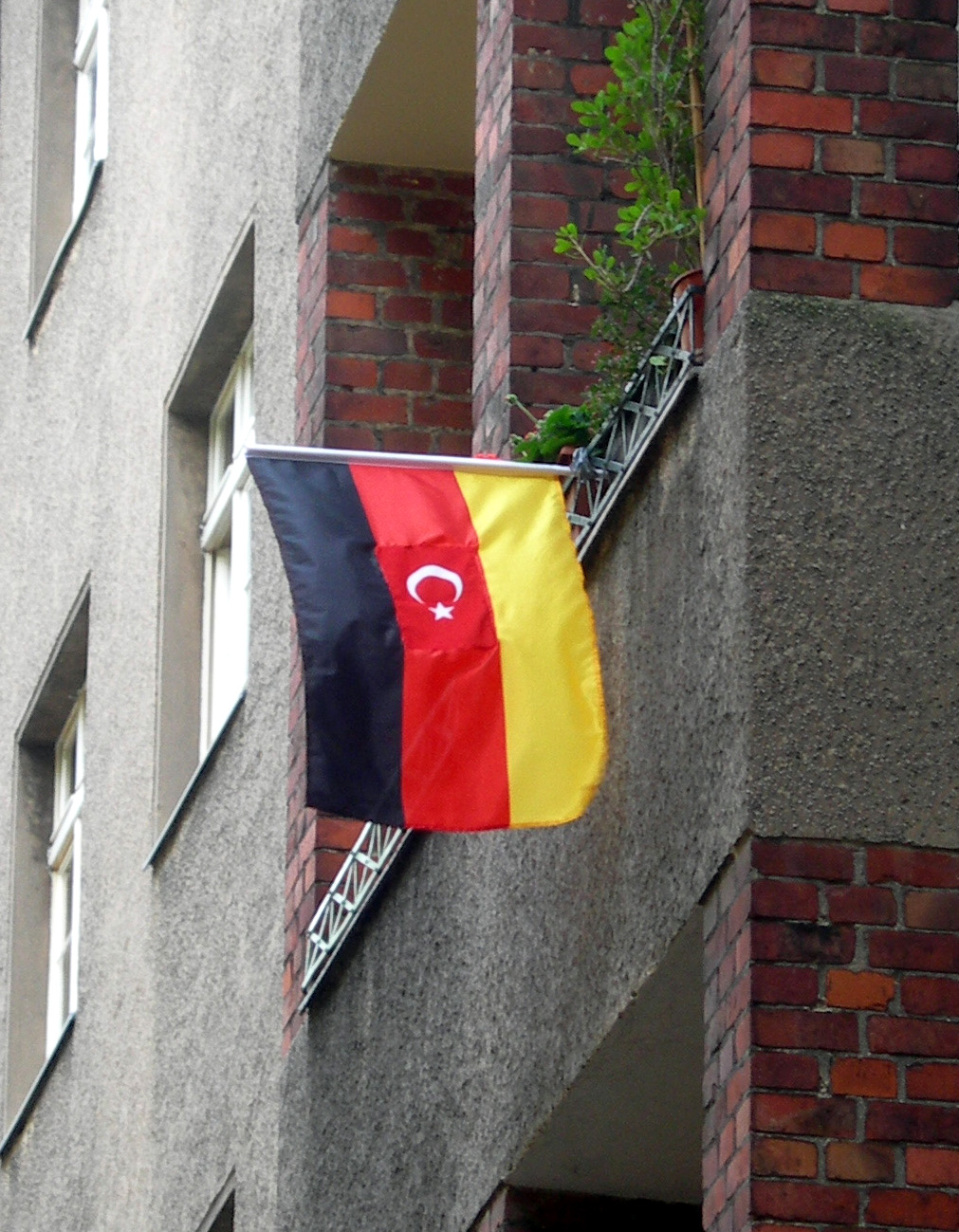
Muslims’ frustration with established religious associations spells sea change in German Islamic landscape
Germany’s major Islamic associations are in the midst of an upheaval – a development exemplified by the DİTİB organisation. A subsidiary of the Turkish Presidency of Religious Affairs (Diyanet), DİTİB is the largest of a bewildering array of Islamic associations operating in Germany, running 950 of the country’s roughly 2,600 mosques.1 The organisation has, however,…




